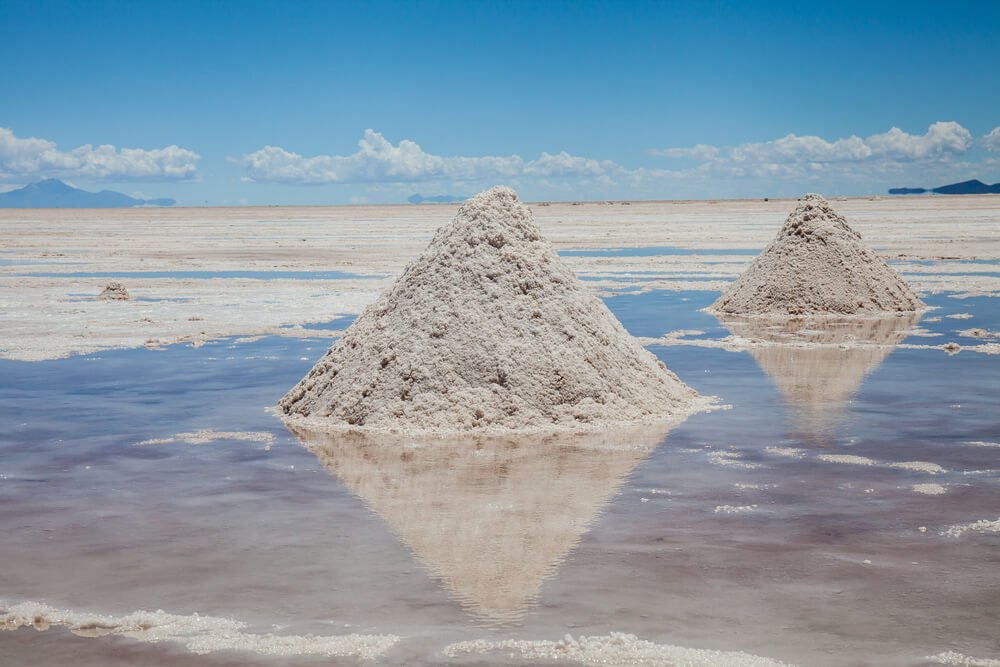Lithium Universe Plans Refinery to Address North American Lithium Shortage

Lithium Universe is positioning itself to address an anticipated 700,000-tonne per year lithium carbonate gap in the North American electric vehicle (EV) market by establishing a refinery in Canada. The company aims to play a central role in what experts predict will be a vibrant third wave for the lithium market.The proposed refinery, to be located at Bécancour in Quebec, is expected to replicate the Jiangsu lithium carbonate plant refinery in China. This 16,000-tonne per annum facility is strategically situated to capitalize on the expected increase in lithium battery plant activity along North America's east coast.
The United States' Inflation Reduction Act (IRA) aims to create a lithium supply chain free of Chinese input. The act disqualifies EV companies from financial incentives and tax credits if their batteries contain materials sourced from "Foreign Entities of Concern" (FEOC), primarily covering China, Russia, North Korea, and Iran. As China currently dominates global lithium conversion, this creates a significant market opportunity for companies operating in US free trade agreement countries like Australia.
Major battery manufacturers plan to deploy an estimated 1,000 gigawatts (GW) of battery capacity in North America by 2028, necessitating about 800,000 tonnes per year of lithium chemicals. However, North America currently produces only about 100,000 tonnes of lithium carbonate annually and lacks lithium conversion facilities.
Lithium Universe aims to bridge this 700,000-tonne annual gap with its Québec Lithium Processing Hub (QLPH), designed to have a capacity of 48,000 tonnes per year across three processing trains. The facility will serve as a toll service for Canadian spodumene miners, converting their feedstock into lithium carbonate. With 25 new manufacturing facilities proposed along North America's eastern seaboard by 2028, demand for lithium chemicals is expected to be robust.
The proposed site at Bécancour, just 2.5 kilometers from the port, offers a convenient location for importing spodumene material from regions near the Atlantic Ocean, such as Brazil, Africa, and potentially Australia. Engineering firm Hatch has been contracted to conduct a comprehensive study for the refinery's design.
Quebec's James Bay region has garnered attention for significant spodumene deposits, with major players like Patriot Battery Metals, Allkem, and Sayona Mining reporting substantial mineral resource estimates. Lithium Universe's Apollo project, encompassing a 240-square-kilometer area in James Bay, is poised for drilling following a recent field program.
The price of battery-grade lithium carbonate in China has seen a 13% increase this year, rising to AU$23,519 per tonne. This follows a volatile period with prices soaring to over $125,000 per tonne early last year before plummeting. The recent price upturn has led to renewed interest, with industry forecasts predicting a 32% increase in lithium demand this year and market balance until 2029.
Recognizing the lucrative potential in downstream processing, Lithium Universe aims to service the largest EV manufacturing hub in the western world with its strategically positioned refinery.





